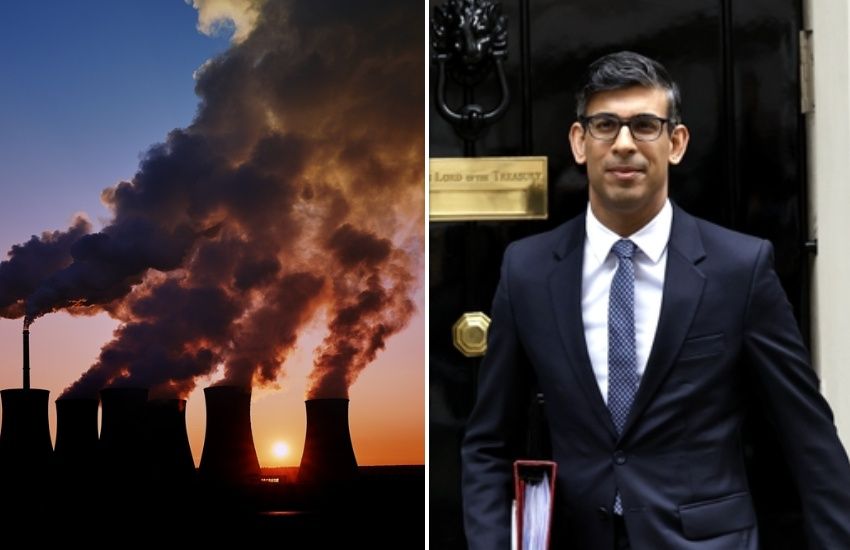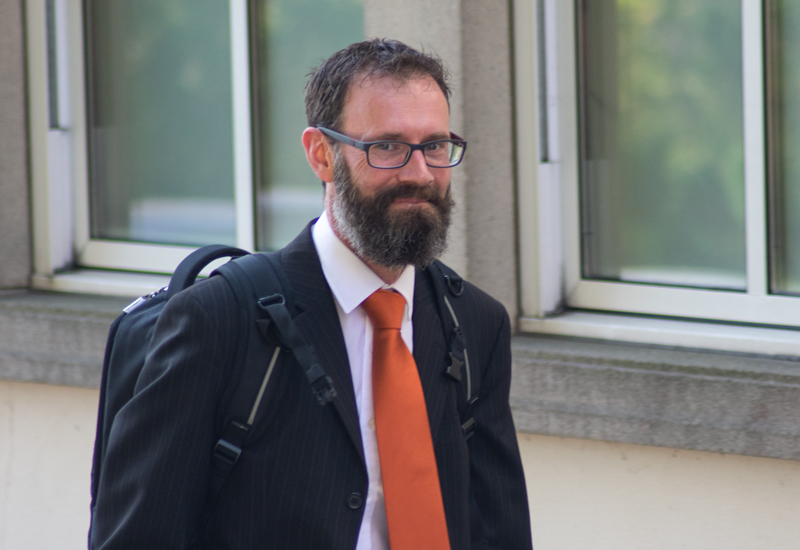


Guernsey should be immune to national policy changes on mitigating climate change unless it decides to copy the approach, as the UK government embarks on some changes to how it intends to neutralise carbon emissions over the next 27 years.
UK Prime Minister Rishi Sunak recently announced extensions and cancellations to certain policies as he inteneds to help the country meet its net-zero commitments by 2050.
Under his plans there will be an additional five years to purchase new petrol and diesel cars before they are banned, now proposed to be 2035. Minimum standards for energy efficiency in rental homes for landlords before 2030 have also been scrapped.
Mr Sunak did not alter the countries overall targets for net-zero, with 2050 still slated as the deadline for not adding additional greenhouse gases to the atmosphere.
Deputy Aidan Matthews, a member of Guernsey’s Environment & Infrastructure Committee, recently argued that moves against net-zero targets are often focused on national initiatives, and are therefore not directly transferable locally.
Speaking to Express, Deputy Matthews expanded, suggesting that while there are many links between the Bailiwick and the UK on economic matters, things like electricity generation are “not closely related”.
"While there are similarities on net-zero approach there’s less direct relevance between the UK’s net-zero approach and what we might expect for Guernsey, so concerns affecting the UK need careful interpretation as they don’t necessarily apply directly."

Pictured: Deputy Aidan Matthews recently joined E&I, which is responsible for climate change and energy policy.
Deputy Lindsay de Sausmarez, President of E&I, echoed this, saying local net-zero targets are “very much aligned with international standards” but are “tailored to our particular circumstances” and some elements naturally differ.
Mr Sunak’s announcements on combustion engine vehicles could impact the island since the plans to ban them is pegged to the UK, given the island’s reliance on UK supply chains for cars, according to Deputy de Sausmarez.
However, the island will need to make its own political decisions in respect of maintaining or changing this ban date to reflect “what is best for Guernsey” on the road to net-zero.
But other considerations, such as electricity supply, “differ markedly”, she added.

Pictured: Deputy Lindsay de Sausmarez says there may be changes to a ban on combustion vehicles as many come through UK supply lines.
Deputy Matthews agreed that national policy changes will not hold sway locally unless the island deputies decide to follow suit, and he admitted he was unsure if the UK’s new course would be of economic benefit to consumers.
“I haven’t really looked at whether the UK proposals would save money for UK residents or not, but it’s not going to be the case that the UK looking to delay or water down targets to save people money would apply in Guernsey too if we followed suit, as our local conditions just aren’t the same,” he said.
Deputy Matthews noted, for example, that there are significant differences between the UK and much of Europe on electricity generation, let alone Guernsey.
“In general, over the last few decades, the UK has moved from a reliance on coal fired power stations towards gas generation. The UK is also a natural gas producer,” he said, noting the massive increase in electricity costs when Russia invaded Ukraine.
While these costs have since come down, he said there will nevertheless be “significant ongoing costs for the UK to move away from gas generation towards renewable sources”.
The cost of the energy transition should therefore be lower in Guernsey, as the agreed future direction, noted as being the most cost-effective option on the table, proposes greater reliance on the European, rather than the British, grid, he added.
Guernsey’s States agreed in 2020 that the island should aim to be carbon neutral by the middle of century, with measured reductions in associated emissions by the end of the decade.
Guernsey is also signed up in principle to an international treaty to limit the average rise in global temperatures to under 2% by 2050 – known as the Paris Agreement.
The States also agreed last year to appoint a panel of experts to help it achieve net-zero in a “proportionate and pragmatic” way.
States approve 'Net Zero' target by 2050
Comments
Comments on this story express the views of the commentator only, not Bailiwick Publishing. We are unable to guarantee the accuracy of any of those comments.